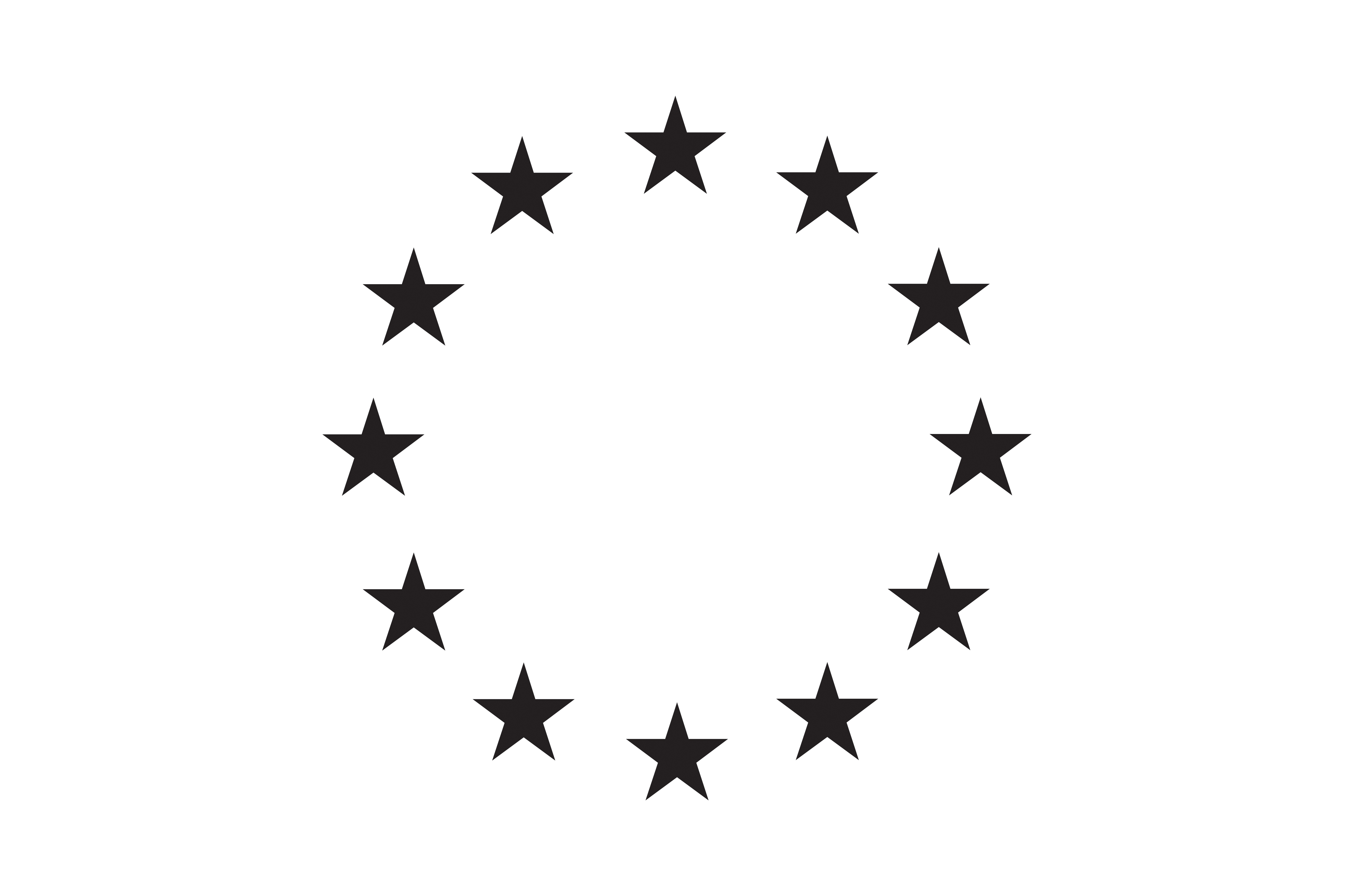Technotrain
The TECHNOTRAIN consortium has the specific objective to employ modern enabling technologies (flow chemistry, microwave
irradiatioirradiation, photocatalysis, deep eutectic solvents, DES, as alternative reaction media), in the development of
general, reproducible and profitable stereoselective, catalytic methods applicable for industrial production of enantiomerically
pure, functionalized amino derivatives featuring a quaternary stereocenters. Target molecules will be pharmaceutically active
ingredients, or immediate precursors, and nonproteogenic amino acids.
Target molecules will be chiral pharmaceutically active ingredients, or immediate precursors, including nonproteogenic
alfa-disubstituted-amino acids.
Continuous flow processes will be considered, to perform a fast screening of the reaction conditions, and then,
with the optimized conditions in hand, to scale up the reaction (by scaling-out or numbering up or scaling-up).
The combination of two modern, catalytic strategies (photocatalysis and organocatalysis) with safe and environmental
friendly technologies (including the use of 3D-printed devices) is a key step towards the development of a more efficient
and sustainable chemistry, in line with the Europe strategy. A future generation of scientists will be trained to face the
challenges imposed by the transfer the new, green technologies into industrial processes.
Another primary objective of "TECHNOTRAIN" is to develop a modern training model for young European researchers,
where education is realized through research and a strong interaction between public and private sector.
The project wishes to be truly a prototype of an efficient European research training structure aimed at growing young
researchers capable of interacting with the private sector research.
"TECHNOTRAIN" is a 1:1 industrial/academic twinning where three PhD research projects will be carried out in full
collaboration between the private and the public research site, as witnessed by a 1:1 allocation of person months of
each ESR between University of Milano and a German company in Dortmund. The research projects are of strong interest
both from a scientific and an industrial point of view, and will necessitate frequent contacts of the partner units.
ESR1: In batch and in flow catalytic addition of C1 fragments to C=N bonds
ESR 1, associated to WP1, will develop new, "ad hoc" tailored catalysts for the enantioselective organocatalytic addition
on differently functionalized ketoimines of cyanide anion, employing, among others, photochemical activation methodologies.
ESR 1 will investigate the use of ad hoc modified chiral thiourea-based catalysts, but also of chiral phase transfer
catalysts, to control the cyanide addition to unprotected ketimines.
Innovative catalytic strategies for this type of
reaction will be explored, based on the concept of chiral ion pair. Additionally, unprecedented stereoselective reactions
of imines with CO2 will be investigated. Finally, the use of micro-(meso)-reactors will be also considered.
ESR2: Stereoselective reactions of nitroester promoted by different organocatalysts
ESR 2 will study unprecedented synthetic strategies for the synthesis of&alphja;α-disubstituted amino acids and,
among others, of fluorinated chiral amino acid derivatives, employing newly designed organocatalysts, especially a new
generation of chiral phase transfer catalyst. Additionally, a second strategy will be explored, that starts from easily
available ketones, converted to nitroolefins which will be organocatalytically reduced to afford enantiopure nitroalkanes,
as highly functionalised starting materials for the alkylation step.
Also for these challenging transformations, continuous
flow processes will be considered, to perform a fast screening of the reaction conditions, and then, with the optimized
conditions in hand, scale up the reaction.
ESR3: Development of supported, recyclable chiral catalysts, of 3d-printed in wall functionalized mesoreactors and of catalytic reactors for flow chemistry processes
ESR 3 associated to WP3 will explore alternative immobilization strategies on different materials, in order to develop efficient recyclable chiral catalysts and to open new avenues towards more sustainable processes. The ESR will deal also with the preparation of catalytic reactors, to be used in continuous flow operations, and with the very challenging and unmet goal to realize in-wall functionalized reactors, taking advantage also of 3D-printing technologies.
All the ESRs will be involved in a final WP, devoted to the application of the selected methodologies to the preparation,
in batch or flow mode, of chiral building blocks and intermediates of special interest, according the company indication.
Planned secondments: all ESR3 will spend 18 months in Milano and 18 months in Dortmund, with one possible short secondment
(2-3 months) in another Institute (to be defined).

